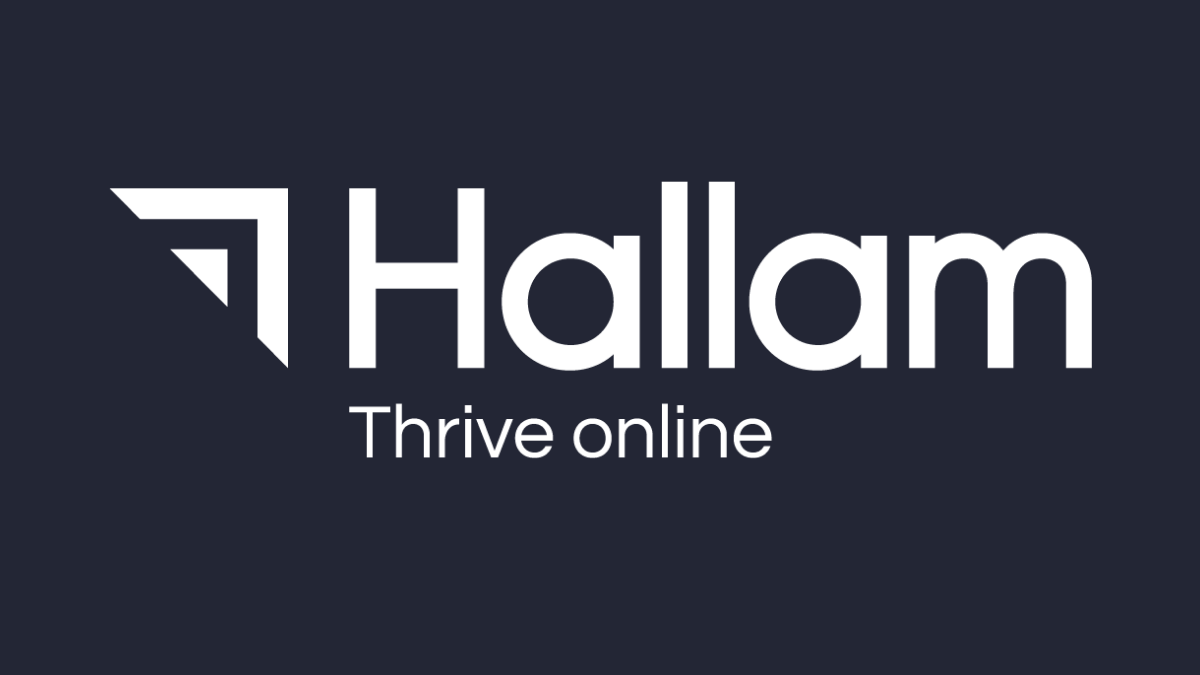No doubt you’ve heard about RankBrain, Google’s latest algorithm update. It was announced last week during a Bloomberg interview with one of Google’s senior research scientists, Greg Corrado.
This update has already been rolled out worldwide, and it’s essentially an artificial intelligence based signal that Google has introduced to try and further improve search results.
But what exactly is RankBrain? How does it work? How will it affect search, and SEO?
To answer these questions, and any more you might have, this post will distil everything we know about RankBrain so far.

It’s a Small Yet Vital Part of Something Much Bigger
RankBrain is just one of the hundreds of components that make up the Google Algorithm. However, Corrado describes it as the “third most important signal”.
It Uses Artificial Intelligence
Using artificial intelligence, this technology can aggregate information concerning user’s intent and satisfaction when searching on Google and use that information to produce better search results.
It Learns and Evolves the More It’s Used
It’s different to other signals used within the algorithm because, Corrado explains “they’re all based on discoveries and insights that people in information retrieval have had, but there’s no learning”. RankBrain is a “learning system” and machine learning is needed so that improvements can be made over time.
It’s Beginning to Surpass Even the Experts at Google
Interestingly, RankBrain is showing signs of improving on Google’s own search engineers. It has been revealed that those behind the software were asked to examine various pages and predict which would be ranked number 1. The humans guessed correctly 70% of the time, RankBrain guessed correctly 80% of the time.
It’s Used to Process Completely New Searches
Part of its purpose is to help deal with the 15 percent of queries that Google gets every day which its systems have never seen before. As Google processes 3 billion searches a day, that means that around 450 million are completely unique – that’s a lot of queries!
It’s Closely Tied to the Hummingbird Update
Hummingbird was a complete overhaul of the way Google processes organic queries, evolving from finding “strings” (i.e. strings of letters in a search query) to finding “things” (i.e. entities). The focus became semantic search – with Google seeking to provide greater accuracy by more fully understanding the searcher’s intent and the contextual meaning of terms when they appear together.
But RankBrain goes further than Hummingbird, as it was designed to look at similar phrasing and make a guess at providing answers, rather than just relying on mathematical equations. According to Corrado, it “interprets language, interprets your queries in a way that has some of the gut feeling and guessability of people”, allowing Google to deliver better and more accurate results for searches that use “colloquial terms” or that are “ambiguous” in nature.
As Corrado says, when you “talk to Google like it is a person”, RankBrain “can kind of generalise and say ‘oh well that phrase seems somewhat like something I’ve seen in the past so I’m going to assume that you meant this'”. It’s RankBrain’s job to interpret what the intention of the searcher is and read between the lines.
We’re Still Not Quite Sure Just How it Will Change Things
It is difficult to say how much RankBrain will affect SEO in the coming months and years. RankBrain is more likely a “query processor” than a true “ranking factor.” As always, we should focus on optimising content and websites for the human user experience, ensuring that we write naturally, produce high quality original content and avoid rigid keyword usage, over-optimisation, and “thin” content.
Writing for Search Engine Land, Kristine Schachinger claimed that RankBrain has affected “entity search”, so that when Google has a poor understanding of user intent, it may use RankBrain to list you the probable result set for your query. Simply put, when they cannot match intent to a result, they use a machine to help refine that query to probabilities. She points out that over time, RankBrain will improve by learning new entities and the likely relationships between them and will present better results than it does today.
It May Point to a Greater Prevalence of Voice Searches
Marty Swank at AdWeek suggests that this application of machine learning could indicate how Google expects voice search to become more prevalent. Marketers should be aware of this and adapt their messaging accordingly.
In his interview with Bloomberg, Corrado points out that Google has “hundreds of people working on advanced R&D projects for AI” and that the RankBrain system is related to some more “out there” research being carried out by Google to do with creating computers that can “think for themselves”.
The technology behind RankBrain, which is used to better understand language, may eventually evolve into AI that can answer logical questions, complete basic puzzles, and more…





